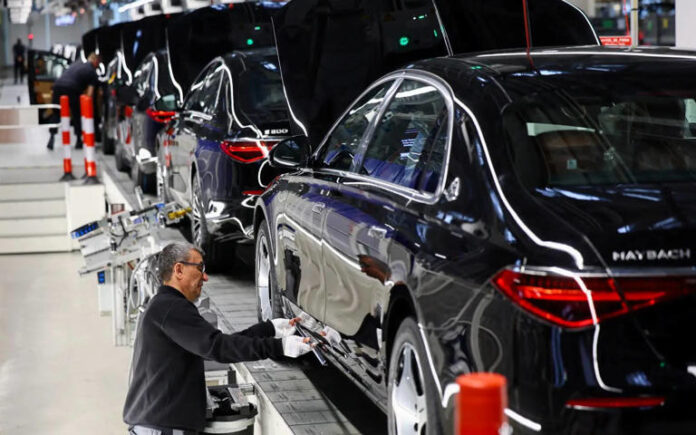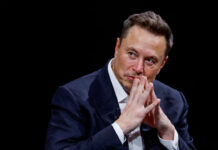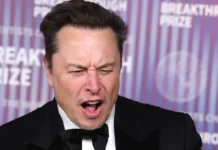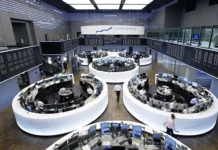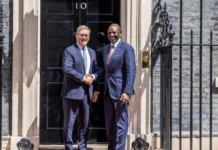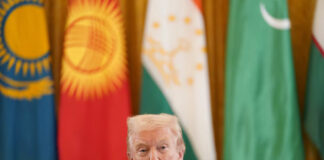Germany has warned that it will not back a formal EU-US trade agreement unless it includes a concrete commitment to lower American import duties on European cars, sharpening divisions among member states as Brussels accelerates negotiations with Washington.
Speaking ahead of a key meeting of EU trade ministers, German Economy Minister Robert Habeck said Berlin is open to a limited trade pact but only if it delivers “real market access” for Europe’s automotive sector, which currently faces a 2.5 percent US tariff on cars compared to the EU’s 10 percent duty on American vehicles.
Germany argues any written agreement must address the imbalance at the heart of transatlantic trade.
Habeck’s comments come as the European Commission pushes for a narrowly targeted “Critical Minerals” agreement and a broader framework to ease supply-chain friction and align green-technology incentives.
France and some southern European countries favour a cautious approach focused on strategic industries and climate cooperation rather than tariff reductions.
Germany, however, insists its powerful auto industry home to Volkswagen, BMW and Mercedes-Benz must see tangible benefits or risk being disadvantaged as the US Inflation Reduction Act grants generous subsidies to electric-vehicle manufacturers with North American production.
The United States has so far resisted lowering car duties outside of a full-scale free-trade pact, but Brussels hopes to leverage ongoing talks on metals, clean technology and procurement rules to reach a compromise deal by the end of the year.
EU officials warn that without progress on automotive tariffs, Germany could block ratification, complicating efforts to present a united European front.
Analysts say Berlin’s stance underscores growing anxiety about losing global competitiveness amid rising protectionism and supply-chain realignments.
Automakers on both sides of the Atlantic are watching the talks closely as they shift production toward electric vehicles and seek to secure access to critical batteries and rare-earth materials.
Germany’s tough line now casts a shadow over prospects for a swift EU-US agreement, raising the stakes for upcoming negotiations as both sides try to manage trade tensions without triggering a broader tariff escalation.
Written By Ian Maleve









